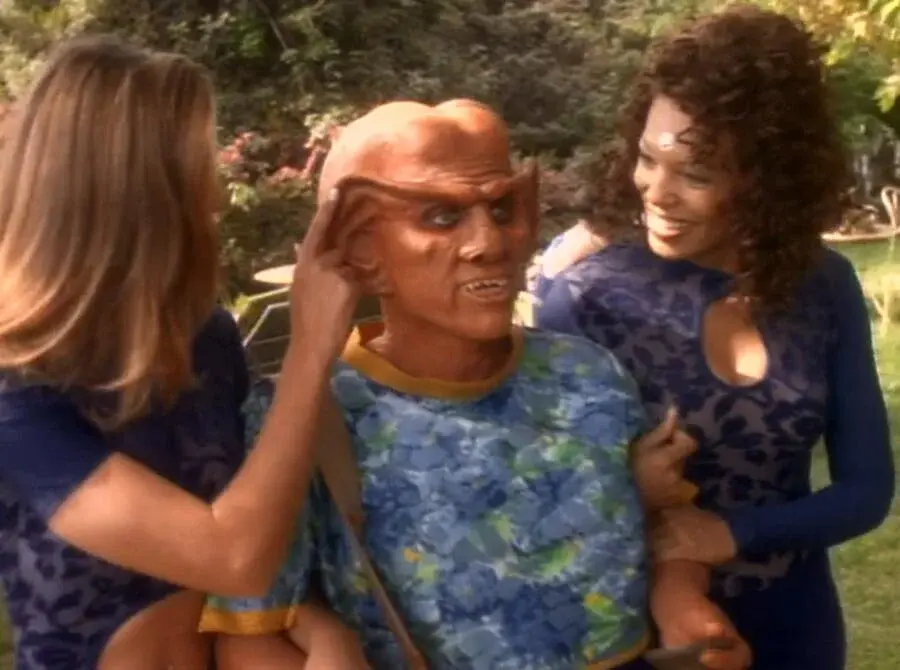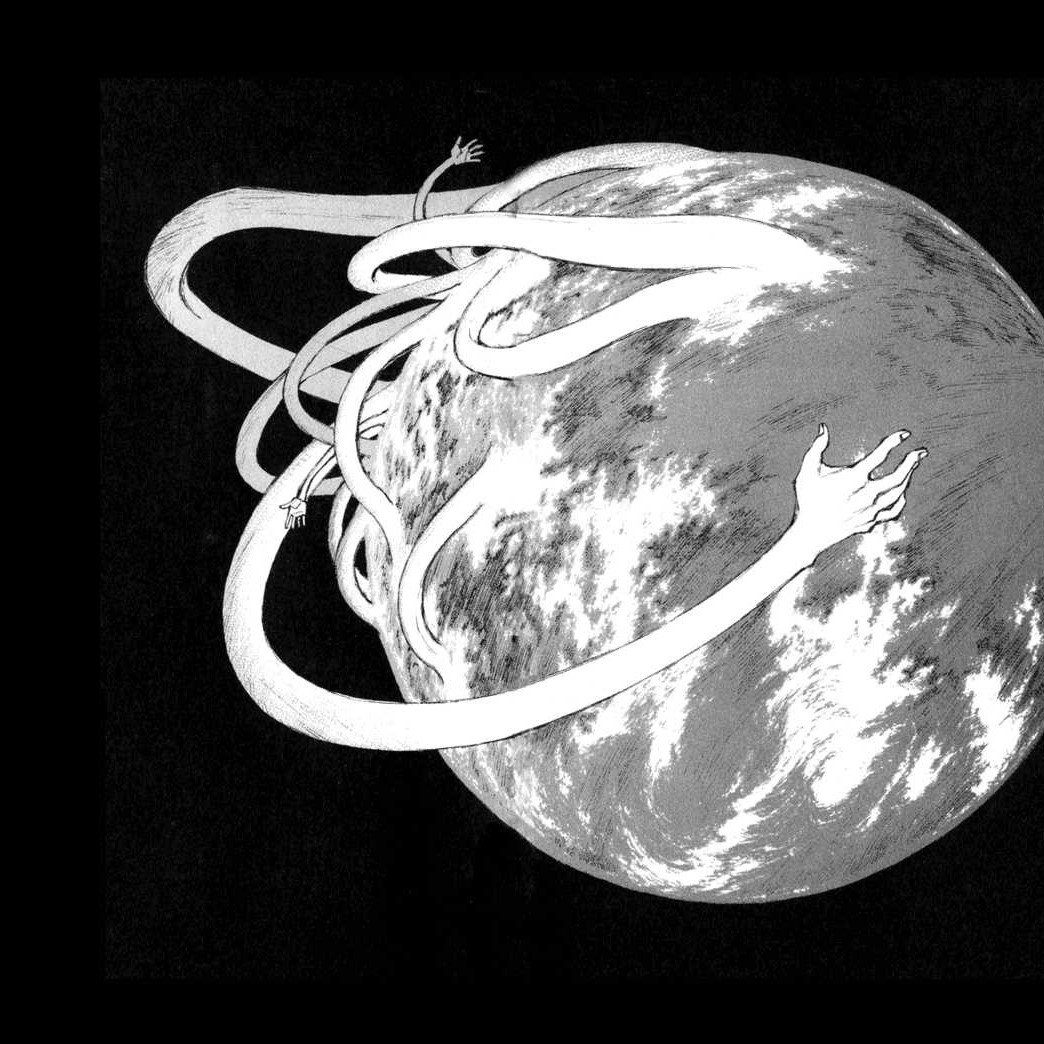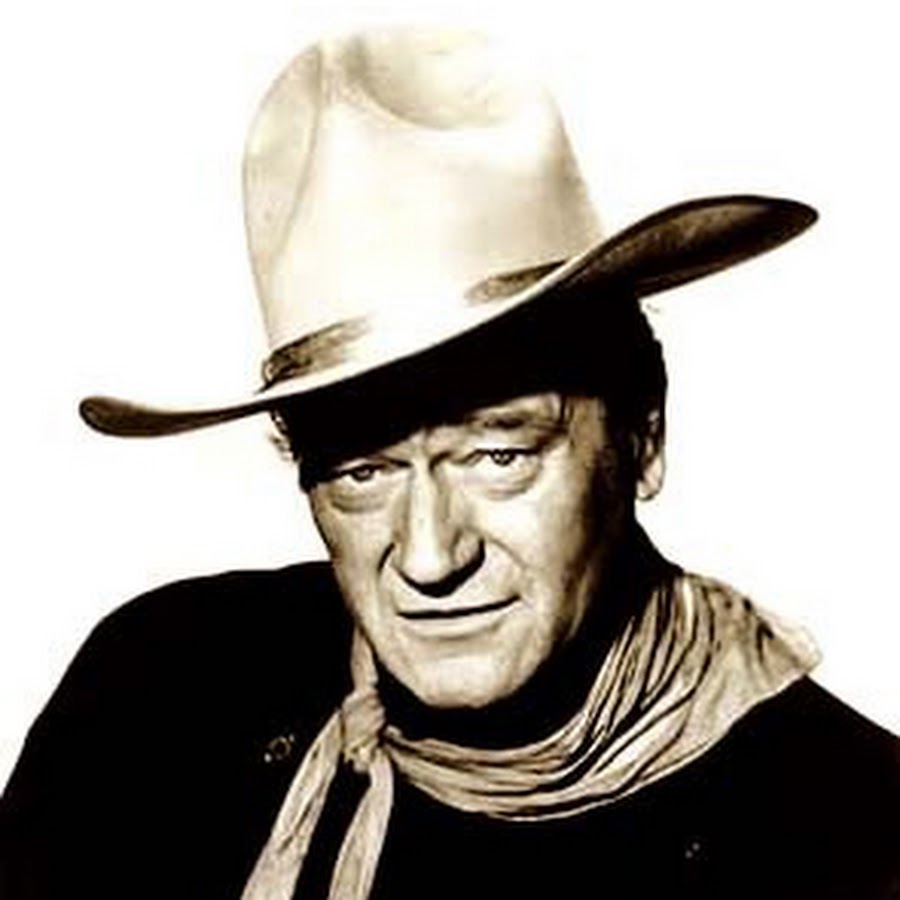When you realise Hollywood is from the same country that held the microphone to the world for the last 80 years, repeating the same stories, over and over.
People outside the Anglosphere still have a different experience. I mean, the whole “UK refuses to give up, fights for what’s right” bit is… not how that is played out elsewhere.
If you’re from a big chunk of occupied Europe the narrative is more Star Wars-y. The Empire has won, it’s about the plucky resistance. Only a lot more bleak. If you’re from Northern Africa… probably no good guys in this one. If you’re in Spain it’s more of a Game of Thrones. It starts in 1936 and it ends in 1975 after a very long timeskip before which a bunch of resistance fighters wait to take back their country holed up in the mountains and are betrayed by the US and UK because they worry about their ties to the soviets. If you’re from China, the narrative doesn’t have many people from Europe at all, but it sure has a whole lot of Japanese bad guys and an entire holocaust spin-off that somehow you never hear about.
They all get the Hollywood version of it, most people are at least told one alternative take at some point in their lives. I sometimes forget that’s not the case with many things in the Anglosphere.
Many major Star Wars main trilogy and prequel plotlines have real-world analogues.
- Main trilogy plot line: French Resistance
- Prequel plot line: Hitler’s rise to power
- Palpatine gaining emergency powers from the Senate: Reichstag Fire Decree
- Dissolving the Old Republic and forming an empire: First French Empire, Augustus’s rise to power as Roman emperor
Lucas is on record saying the OT was about the Vietnam war (in an interview he did with James Cameron I think)
I thought that was very specifically referring to the ground battle on Endor in RotJ, not the whole trilogy.
In other sources he says it’s a nod to WW2 (the trench run inspired by the Dam Busters, etc.) with imperial visual elements directly lifted from WW2 German designs
You might be right yeh, I’ve only seen a clip of it
I’d say you guys are missing the point or the big picture, but I knew what I was getting into. Nerd away, it’s cool.
That’s right - people who experienced WW2 would have been living a very different story.
It’s only because it’s been retold and edited and embellished over and over again that it fits our narrative arc so well.
deleted by creator
Only if they actually do something with the recordings so they’re heard. The Spooks have even testified that they literally have more data than they can work with, so it’s the intelligence equivalent of a 400-in-1 game cartridge where there may be 400 games, but most of them are junk and its so time consuming to find the good ones in the mix that you just give up on it altogether but still hang onto the cartridge just in case later you happen to find the one gem in there
Can be interpreted both ways I guess. I mean that the mics output is to the world.
coincidentally perfectly timed
What does he think generals do? Does he think the Soviets and the rest of the allies couldn’t talk to each other?
How would they talk? They speak different languages and there weren’t subtitles back then.
Anon wants to deny the Holocaust
“It just sounds too good true to be true”
- Anon, probably
I don’t think anyone has said that, actually
Then in the sequel, the audience can no longer tell who is good and who is bad and slowly realize that the main cast who are neither good or bad and have all done horrible things are at the heart of the conflict while every one around them die needless deaths in order to continually drive the story into the next sequel.
That’s more or less the default throughout history. The Nazis had to be a deeply horrifying kind of evil to make WWII have a clear good side that contained most of the world’s biggest colonial empires
Then the sequel to that was basically Star Wars Episode III: Revenge Of The Sith … where we find out that the enemy we’ve been fighting is not a nation, or a military but a religious/ideological movement based on faith, wealth and historic power.
In our actual history, it’s called fascism, a belief that power and wealth is entitled to only those who take it by force and more often that not, the movement is directly tied to certain groups, races or religions.
Art (if you can call the Star Wars movie franchise art) certainly does reflect life.
It really doesn’t take that much to convince people the other side are the bad guys and we’re the good guys.
I think you are vastly overestimating both the historical knowledge of people and their ability to act based on objective righteousness.
Wait till they learn about the start of WW1
“you’re telling me the world went to war over two cousins?!”
*three
And an absurd comedy of errors repeatedly botched but ultimately successful through absurd coincidence assassination
“you’re telling me the world went to war over two cousins?!”
So the poor old ostrich died for nothing.
Germany didn’t almost win. They got extremely lucky with the invasion of France. The French thought it was gonna be trench warfare and unprepared, and the soviet invasion began right when the great purge happened. They got really lucky. Then the Yanks came.
There’s a good case to be made that Germany would have lost the war even without the Americans entering. The defeat at the battle of Moscow was basically the end of German offensive capability; they suffered a disastrous shortage of resources.
If the US invasion had not taken place Germany would likely still have lost, and the Soviet Union would have occupied a large chunk of Europe.
Germany would basically be all but guaranteed to lose against the Soviets and the English alone. It might have become a war of attrition sort of deal, but all was said and done after Stalingrad
Nah. You’re just repeating myths about the French. The French were not idiots and they did not think the war would be fought at the Maginot line. Despite how the myth goes, the Maginot line did exactly what it was supposed to do: funnel the Germans through Belgium and force them into a shitty river crossing at the Dyle River. This was known as the “Dyle plan”. This actually could have worked out if not for the unexpected agility of the Germans and even more importantly: the fact that Belgium had left the allies after losing faith in them after the remilitarization of the reinland.
They didn’t get “lucky”, the Germans exploited fractured alliances and surprised the allies with their extremely effective and, at the time, novel use of the radio. Hell, they almost won the war before France even fell. Read up on the Dunkirk evacuation if you’re interested. I’d wax on about it, but I’ve got surgery on about 20 minutes.
The French thought it was gonna be trench warfare
Ironically enough, so did Hitler. In between the invasion of Poland and the invasion of France, he allocated an enormous fraction (around 40%) of Germany’s war materiel production to artillery shells - the primary weapon of WWI and the fundamental limiting resource for both sides during that war. Hitler expected a reboot of the prior war, with Germany holding off the Western allies with a small portion of their armies on the defensive while carving off huge swaths of Russian territory. He was as surprised as anybody by the rapid collapse of France - and was left holding a gigantic surplus of artillery shells.
I’m looking forward to WWII: Remastered.
I’m looking forward to WWII: Remastered.
Just the remaster? What about endless reboots?
Now streaming on Disney+
Churchill: A World War II Story
In a bold new take, Chruchill is portrayed by a black man
*woman even, she’s also bisexual and autistic
“We shall fight them on the motherfuckin’ beaches”.
That’s what a lot of what history is and all popular history. It’s crafted as a narrative.
Sanest 4c user
Stupid people can’t create an empire that lasts and neither can cruel ones.
Eventually they hurt replaced or make one to many mistakes.
Usually in a war time is on the side of the intelligent side, because Nazis will backstab each other while Britain got more and more united
neither can cruel ones
In modernity, yes, kindness denotes stability and opportunity for experimentation, but is that historically the case? Sincere question, I only remember the funny parts of history.
I mean, even in modernity cruelty is still a common feature in world leaders.
To answer this, one would have to define what “lasts” means. None of them exists as an empire any more. So if lasts=forever it was historycally the case they couldn’t do it.
Since we’re talking about the personality traits of an individual, “lasts” can only mean until their lifetime is over.
And there are a LOT of despots that ruled for their entire lives.
And the most cartoonishly evil villians
So… is Abed Nadir an influential thought-shaping character, or what?
If it wasn’t we probably wouldn’t be here












